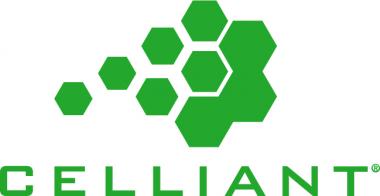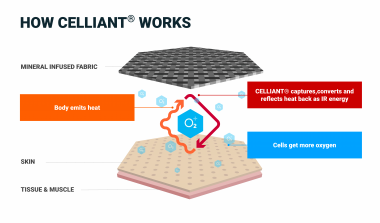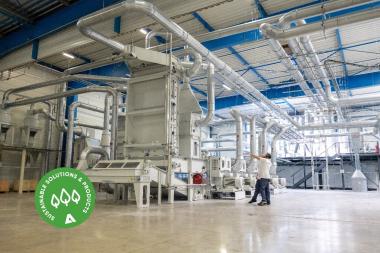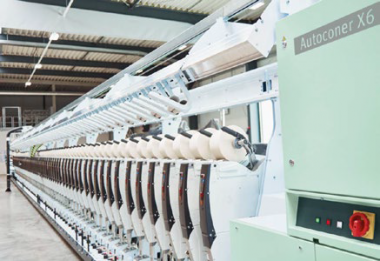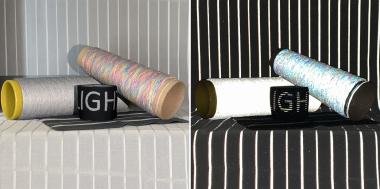Carbios and Novozymes deepen collaboration in biorecycling of PET
Carbios and Novozymes announced an exclusive long-term global strategic partnership. This major agreement ensures the long-term production and supply of Carbios’ proprietary PET-degrading enzymes at an industrial scale for the world’s first biological PET-recycling plant due to start production in 2025 in Longlaville (France), as well as Carbios’ future licensee customers.
Carbios and Novozymes have had a partnership since 2019 to develop enzyme-based solutions and address the sustainability challenge of plastic pollution, both within PET-recycling[1] and PLA-biodegradation[2]. Building on the current Joint Development Agreement (JDA), under the new agreement, Carbios and Novozymes will extend their collaboration to develop, optimize and produce enzymes that will subsequently be supplied by Novozymes to all licensees of Carbios’ technology. The new agreement grants both parties exclusivity in the field of the partnership.
The strategic partnership supports the large-scale industrial deployment of Carbios’ patented PET-recycling technology starting with Carbios’ future industrial reference unit in Longlaville (France), which will be the world’s first biological PET-recycling plant. Construction will begin later this year, and both building and operating permits having been filed with local authorities. Production at the plant is set to start in 2025 and the processing capacity will be 50,000 tonnes of waste per year.
Carbios










